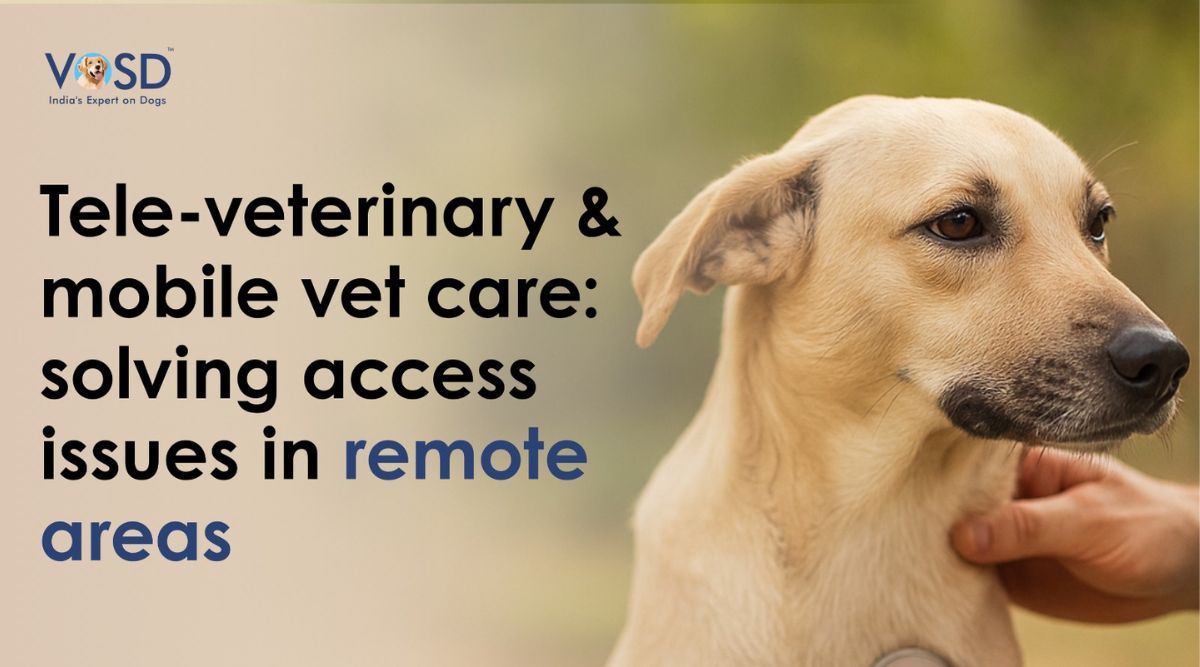The unique bond between humans and dogs is deeply rooted in history and has evolved over thousands of years of companionship and mutual benefit. Dogs are known as “man’s best friend” for a reason. They provide companionship, loyalty, and emotional support to humans, enriching their lives in countless ways. Dogs also inspire us to live our lives better and we can take a leaf out of their book and learn the following life lessons from them. The bond formed between a human and their dog is often incredibly strong and enduring.
Loyalty and Faithfulness
Dogs are known for their unwavering devotion to their human companions. They form strong attachments and trusting relationships to their owners and are devoted to them, often displaying protective behaviors and showing allegiance in various ways. This loyalty is evident in their consistent companionship, eagerness to please, and willingness to defend and support their owners. They indeed teach us many lessons in loyalty and companionship.
Living in the present
Dogs are masters of mindfulness. They are fully present in each moment, completely engaged with their surroundings and experiences. Dogs remind us to slow down and enjoy life’s simple pleasures. They teach us to be fully present with our loved ones, to savor each moment, and to embrace the beauty of the present moment. Dogs have an incredible ability to forgive and let go of grudges. They don’t hold onto anger or resentment from past experiences. Instead, they live in the present moment, free from the burden of negative emotions. Dogs find joy and contentment in the simple pleasures of life, they are completely unencumbered by worries of the future.
Unconditional love
Dogs are renowned for their ability to show unconditional love towards their human companions. Dogs love without judgment or condition. They accept their humans for who they are, regardless of their flaws, mistakes, or shortcomings.Dogs are loyal and steadfast in their love, providing a constant source of companionship and support to their owners. They feel and exhibit unconditional love for their owners/humans and accept all their perceived imperfections.
Forgiveness and moving on
Dogs have a remarkable ability to forgive and move on from negative experiences, which is one of the endearing qualities that make them beloved companions. Dogs primarily live in the present moment, focusing on what is happening now rather than dwelling on past events. This innate mindfulness allows them to let go of negative experiences and move forward without holding onto grudges. They do not hold onto feelings of resentment or seek revenge for perceived wrongdoings. Instead, they approach interactions with a sense of openness and acceptance.
Joy in simple pleasures
Dogs are masters at finding joy in simple pleasures, and their ability to do so is one of the endearing qualities that make them beloved companions. They delight in exploring the outdoors, whether it’s going for a walk in the park, sniffing around in the backyard, or romping through fields and trails. They show gratitude for simple joys such as enjoying playtime, whether it’s chasing a ball, playing tug-of-war with a favorite toy, or engaging in interactive games with their human companions. Many dogs enjoy basking in the warmth of the sun, whether it’s lounging in a sunny spot indoors or stretching out in the backyard. Our dear dogs also show much gratitude for simple things like belly rubs and a sunny day.
Adaptability and Resilience
Dogs are incredibly adaptable and resilient animals. They can adapt to various environments, including urban settings, rural areas, and different types of homes. Dogs are creatures of habit, but they also have the ability to adapt to changes in their routine. Whether it’s a change in feeding schedule, a new walking route, or a different bedtime routine, dogs can adjust to alterations in their daily schedule with relative ease. Dogs demonstrate remarkable resilience in the face of adversity. They can bounce back from challenging situations, such as illness, injury, or trauma, with determination and resilience. Dogs are emotionally resilient animals that can cope with stress, anxiety, and changes in their environment. They often exhibit a positive outlook on life, displaying enthusiasm and joy even in the face of adversity.
Teamwork and Cooperation
Dogs are naturally social animals that exhibit remarkable teamwork and cooperation, both within their own social groups (such as packs) and when interacting with humans. Domestic dogs continue to exhibit social behaviors that are reminiscent of their wild counterparts. They engage in socialization with other dogs, forming bonds and establishing social hierarchies through play, grooming, and other forms of interaction. This socialization fosters cooperation and teamwork among dogs within a social group. Therapy dogs provide emotional support and comfort to people in various settings, such as hospitals, nursing homes, and schools.
Communication beyond words
Dogs communicate with humans and other animals using a variety of nonverbal cues and signals that go beyond words. Dogs use their body language to convey a wide range of emotions, intentions, and needs. This includes posture, facial expressions, tail wagging, ear position, and body movements. For example, a wagging tail can indicate excitement or happiness, while a tucked tail may signal fear or submission. Dogs engage in a variety of social signals to communicate their intentions and establish social interactions. This includes play bows, which indicate a desire to play, as well as submissive behaviors such as rolling over or exposing their belly.
Playfulness and fun
Dogs are well-known for their playful and fun-loving nature. Playfulness is an integral part of a dog’s personality and contributes to their overall well-being and happiness. Engaging in playful activities provides dogs with physical exercise, mental stimulation, and social interaction, while also strengthening the bond between dogs and their human companions. Dogs are very well aware that all work and no play would make them dull, so they are always sure to incorporate play into their daily schedules.
Faith and trust in others
Dogs are known for their capacity to have faith and trust in others, particularly in their human companions and their fellow dogs. Dogs form strong emotional bonds with their human companions based on trust and affection. They rely on their owners for love, guidance, and support and demonstrate their trust through their loyalty and devotion. They are not afraid to put their greatest trust in humans without letting the fear of betrayal get the better of them.
Persistence and determination
Dogs are known for their persistence and determination, which are evident in various aspects of their behavior and abilities. Dogs exhibit persistence and determination when undergoing training and learning new behaviors. Whether it’s obedience training, agility training, or learning tricks, dogs may face challenges and obstacles along the way. Dogs exhibit persistence and determination when guarding or protecting their territory, family, or belongings. They can show remarkable persistence and determination when recovering from injury or illness.
Conclusion
There are various modes of being that humans can learn from dogs. We can learn persistence, determination, faith in adversity, cooperation, unconditional love, loyalty, the ability to enjoy simple pleasures, adaptability and resilience from these marvelous, outstanding creatures. Donate to a charity online or a dog center to help make the lives of vulnerable dogs everywhere easier.








